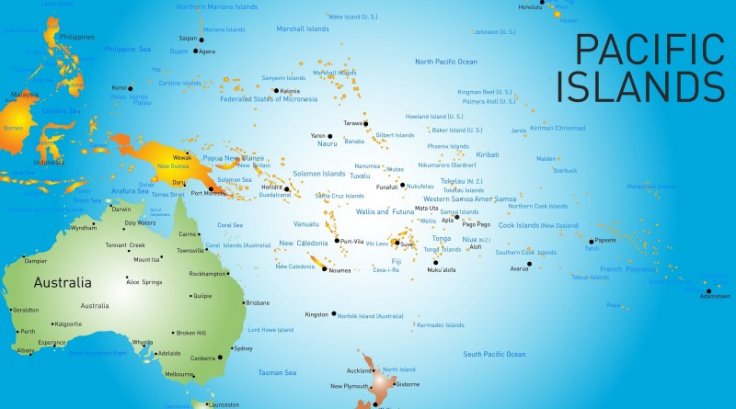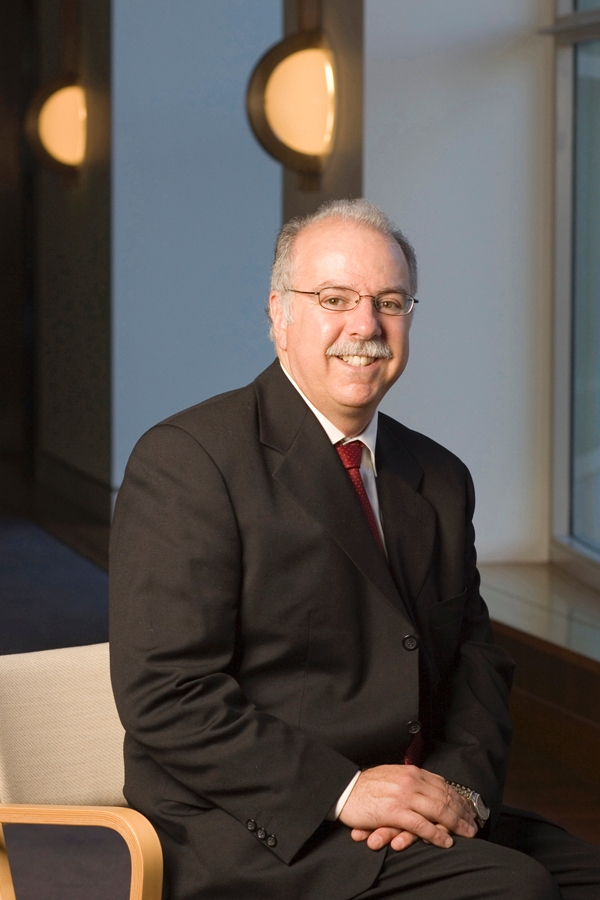While the world is still struggling to get back on track by defeating the novel Coronavirus, which claimed over 900,000 lives around the globe, an Australian scientist has warned that the emergence of antimicrobial resistance (AMR), including drug-resistant bacteria, or "superbugs" could be more devastating than COVID-19 pandemic.
As per Dr. Paul De Barro, biosecurity research director at Australia's national science agency CSIRO, emerging health crisis related to AMR can put modern-day medicines "back into the dark ages of health." He said, "If you thought COVID was bad, you don't want AMR." He called it the biggest human health threat, and said that COVID-19 is not "anywhere near the potential impact of AMR."

Emerging Public Health Threat
Even though AMR is an emerging threat for humans all around the world, in the Pacific, where the risk of AMR is acute, the superbug could devastate the region's health system completely. In an analysis, which was published earlier in 2020, it was noted that even though AMR is a great threat for humans and the medical world, there is a paucity of data from Pacific Island countries and territories, especially for pathogens deemed 'critical' by the World Health Organization.
"A challenge for Pacific island countries and territories is trying to curtail antimicrobial excess, without jeopardizing antimicrobial access for those who need them," says the analysis.
The AMR causes at least 700,000 deaths globally per year. But the Oceania country, Fiji—which has less than a million population—has one of the highest rates of bacteria infection in the world. Some findings indicated that drug-resistant micro-organisms are present in Fiji hospitals and in the country there are on average, two diabetic amputations every day, all of which drive the use of antibiotics.
As per a report by CSIRO, understanding the burden of AMR and the healthcare challenges, Fiji became the first country in the Pacific region to develop a National Action Plan against AMR, but faced several other challenges during the implementation.
In Fiji, many antibiotics are used across both human and animal populations but that is increasing the risk of resistant bacteria developing. In August, Fiji's government announced that 10 people had died from leptospirosis—a bacterial disease that affects humans and animals, that spreads through the urine of infected animals.
CSIRO Research
Dr. Barro's agency, CSIRO has started a three-year study into drug-resistant bacteria in Fiji, along with the Fiji government and universities in Australia and the Pacific, to identify the emergence of superbugs and the hotspots in the country.
Dr. Barro told The Guardian, "If you consider how antibiotics now play a role in virtually every part of our health system;" simple things like scratches and childbirth could kill people, cancer treatment, diabetes, major surgeries, which often require the use of antibiotics.

He also explained that there will be massive pressure on the healthcare system, almost the same situation during COVID-19, "think about ICU, hospital stays, access to medical treatment outside hospitals, the use of antibiotics in nursing, in treating pneumonia, all of these come into play."
At this moment, people can at least ensure their safety by maintaining social distancing and staying at home, but in terms of AMR, such precautions do not work as bacteria exist in food, water as well as in the air and they are everywhere in the world.
AMR Should Not Be Ignored
As per the associate dean at the Fiji National University's College of Medicine, Dr. Donald Wilson, issues related to AMR cannot be ignored anymore, or else more people will be affected, and "we don't have the right medicines to treat them."
A report by the UN, released in 2019, had shown that if no action is taken against the emerging risk of AMR, it could cause as many as 10 million deaths per year by 2050. The healthcare threat could also cause damage to the economy as catastrophic as the 2008-2009 global financial crisis and by 2030, AMR could force up to 24 million people into extreme poverty, says the report.









